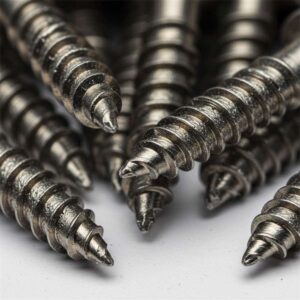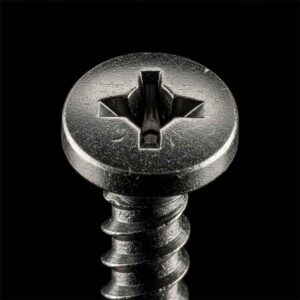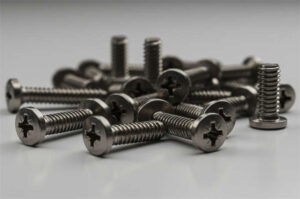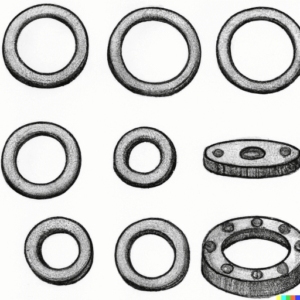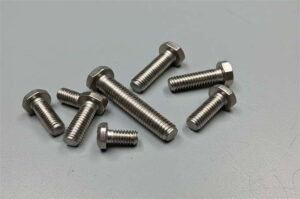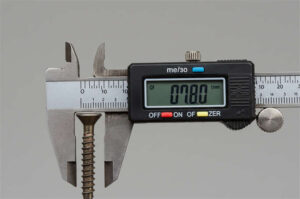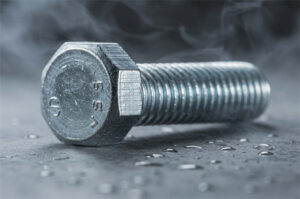The Role and Efficiency of Washers

Washers are uncommon fastening devices fundamental in large industries like construction and manufacturing. They are flat, usually round discs made from various materials including metal, plastic, or rubber. This mechanical marvel serves the purpose of ensuring structural integrity and stability. While they can easily underestimated, washers help in the efficiency and reliability of fastening connections. Here are the primary functions of washers in fastening:
- Distribution of Load: One of the main functions of washers in fastening is to distribute the load applied by the fastener over a larger surface area. This prevents several damages that can happen in applications including, preventing fasteners from digging into the material being fastened, which leads to material damage and weaker connection.
- Prevention of Damage: Washers are applied in the middle of the surface application and the fastener acts as a protective barrier that reduces friction and the risk of damage. This is especially important in joining materials that are vulnerable to marring or deformation.
- Locking and Sealing: Specialized washers like lock washers and sealing washers can provide additional benefits in applications. Lock washers create resistance from loosening due to constant vibrations or movements while sealing washers create a watertight or airtight seal often used in pipes.
Read More: Prince Fastener’s Types of Custom Washers
Purpose of Washers and How To Use Them
Efficiency Factors of Washers
- Choice of Material: Just like any other type of fasteners, the material of washers can significantly affect its efficiency. Common materials for washers include stainless steel, brass, and nylon. Stainless steel washers are a popular option due to their corrosion resistance, while nylon washers are often used for applications that involve electrical insulation.
- Size and Shape: The size and shape of the washer must match the fastener and the application. An appropriately sized washer ensures proper load distribution and stability in fastening. For example, flat washers are used in general applications while spring washers are used when resistance to loosening is required.
- Surface Finish: The quality of the washer’s surface finish also affects its efficiency. A smooth finish reduces friction and ensures an even distribution of load. Rough or uneven surfaces on washers can cause stress concentration, which can weaken the connection in time.
- Application Conditions: Consideration of the environment in fastener applications is a crucial factor. Several conditions in the environment are a particular consideration in choosing washers. For example, harsh environmental conditions such as exposure to chemicals, extreme temperatures, or high humidity may require specialized washers to ensure long-term reliability.
- Tightening Torque: The efficiency of washers can be compromised if the fastener is not properly tightened or over-tightened. Under-tightening can result in a gradual loosening of components while over-tightening can damage the washer, other fasteners involved, and the materials being fastened.
Purchase wholesale high-quality washers from a leading manufacturer and supplier – Prince Fastener Manufacturing Co., Ltd.

